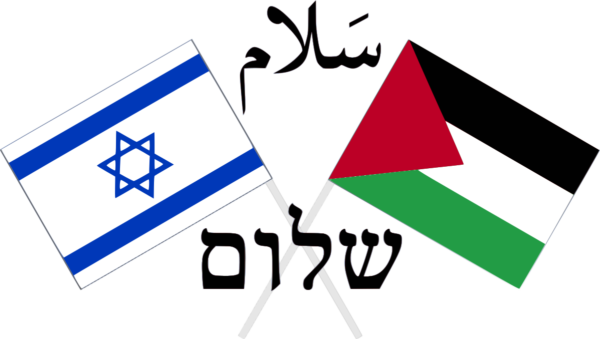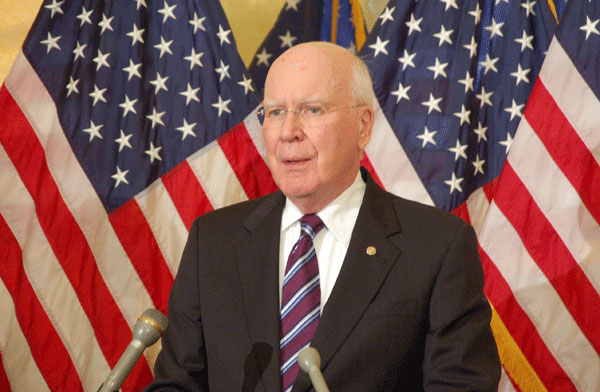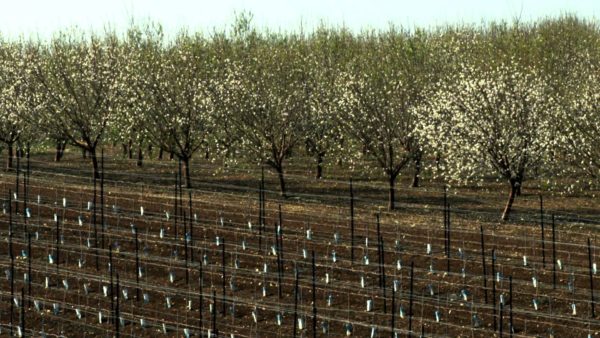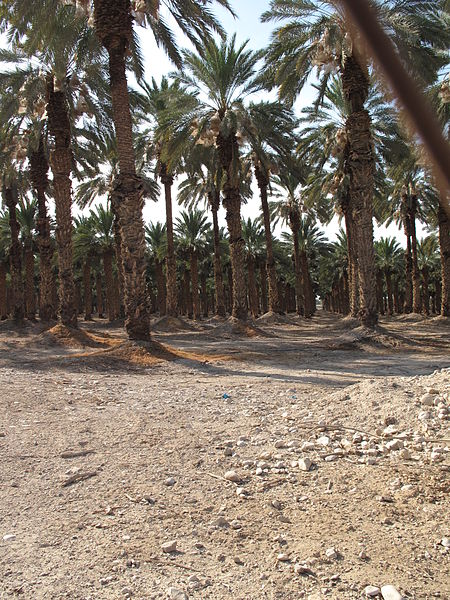Much to the detriment of Israelis and Palestinian Arabs, the United States has frozen a most valuable program designed to promote mutual tolerance, trust and understanding, build relationships across ethnic, religious and political boundaries, and address common problems.
These are crucially important concepts in a turbulent region like the Middle East, where intolerance and fanaticism prevail all too often.

Last month, in line with its policy of ending assistance to Palestinian civilians in the Israeli-occupied West Bank, Washington misguidedly cut off funding to the tune of $10 million to the Conflict Management and Mitigation Program.
Established by Senator Patrick Leahy (Democrat, Vermont) in 2004, it is administered by the United States Agency for International Development from the U.S. embassy in Israel.

Angered by the Palestinian Authority’s refusal to cooperate in developing a Middle East peace plan, which has yet to be unveiled, President Donald Trump stopped the flow of hundreds of millions of dollars to the United Nations Relief and Works Agency and to hospitals in East Jerusalem, both of which serve the needs of Palestinian Arabs.
The U.S. State Department then ordered the closure of the Palestine Liberation Organization mission in Washington, D.C., an arm of the Palestinian Authority.
“We have permitted the PLO office to conduct operations that support the objective of achieving a lasting, comprehensive peace between Israelis and the Palestinians,” said State Department spokeswoman Heather Nauert. “However, the PLO has not taken steps to advance the start of direct and meaningful negotiations with Israel … To the contrary, the PLO leadership has condemned a U.S. peace plan they have not yet seen and refused to engage with the U.S. government with respect to peace efforts … As such … the (Trump) administration has decided that the PLO office … will close at this point.”
One can safely assume that Palestinian antipathy to the Trump administration, the most pro-Israel since 1948, is the result of Trump’s twin decisions to recognize Jerusalem as Israel’s capital and to move the U.S. embassy from Tel Aviv to Jerusalem. Feeling betrayed by these stunning moves, which did not advance the prospects of peace by even one iota, Palestinian Authority President Mahmoud Abbas announced he would no longer work with the United States on its proposal to restart negotiations between Israel and the Palestinians.
Until the most recent developments, the Conflict Management and Mitigation Program received $10 million annually from Congress to support people-to-people exchanges in Israel and the West Bank. But now these subsidies have been yanked off the table, consigning the much needed but lengthy process of normalization and reconciliation to oblivion.
These programs, as described by the U.S. embassy in Tel Aviv, are worth their weight in gold:
The Almond Agriculture project helps 120 Israeli and Palestinian almond farmers to develop and apply research on irrigation and plant protection to increase productivity.

The Interfaith Jerusalem project connects more than 1,000 youths and parents from East and West Jerusalem and neighboring West Bank communities in cross-border programs that foster civic involvement, celebrate the religious diversity of Jerusalem, and encourage influential Palestinians and Israelis to support a pro-peace agenda.
The Women Empowerment for Economic Cooperation project provides leadership training to over 30 Israeli and Palestinian women in the information and communication technologies sector in the West Bank and Israel to engage in cross-border business activities and assume leadership roles within their respective organizations and communities.
The Green Technologies in Cooperative Farming project engages more than 520 Israeli and Palestinian date farmers to promote renewable energy and improve water access and availability through wastewater recycling and solar groundwater pumping. The project builds the capacity of an additional 30 farmers to enhance production in the date sector and provides educational exchanges for 45 Israeli and Palestinian students on the use and benefits of solar energy for agriculture in the Jordan and Arava Valley.

The Together for Pediatric Palliative Care project brings together 90 medical professionals from the West Bank, Israel and Jordan to work on the shared goal of establishing pediatric palliative care programs supporting the dignity and well-being of terminally ill children and their families. This project seeks to build bridges and assists over 2,360 children suffering from cancer by supporting a home-based care program.
The Women Building a Politics of Peace project encourages 24 Palestinian and Israeli women to participate in political life and focus on cooperation as it relates to humanitarian needs.
Alas, these programs will no longer be funded by the United States. But there is a silver lining. Joint programs earmarked for Israeli Jews and Israeli Arabs will not be affected by the United States’ new policy.
Two of the programs that will be continued, for example, are Space for Change and Educating Tomorrow’s Leaders Today.
The objective of the first one is to break down the social and cultural divide between more than 500 Arab and Jewish youths in the central Galilee by means of their shared interest in robotics. The second project brings together 400 Israeli Muslim and Christian Arabs, Jews, Druze and Bedouin teenagers to work towards developing, establishing and managing their own fully functioning startup companies and business ventures.
In theory and practice, all of the aforementioned programs should be protected and not be subjected to the whims of Middle Eastern politics. It goes without saying that the programs specifically designated for Israelis and Palestinians should have been allowed to remain in place, regardless of the Palestinian Authority’s position on peace.
The Trump administration erred egregiously by freezing the exemplary projects under the wing of the Conflict Management and Mitigation Program. It was definitely a step in the wrong direction, a foolish counter-productive move at a time when Israel and the Palestinians should be working hard to overcome their profound political differences.
